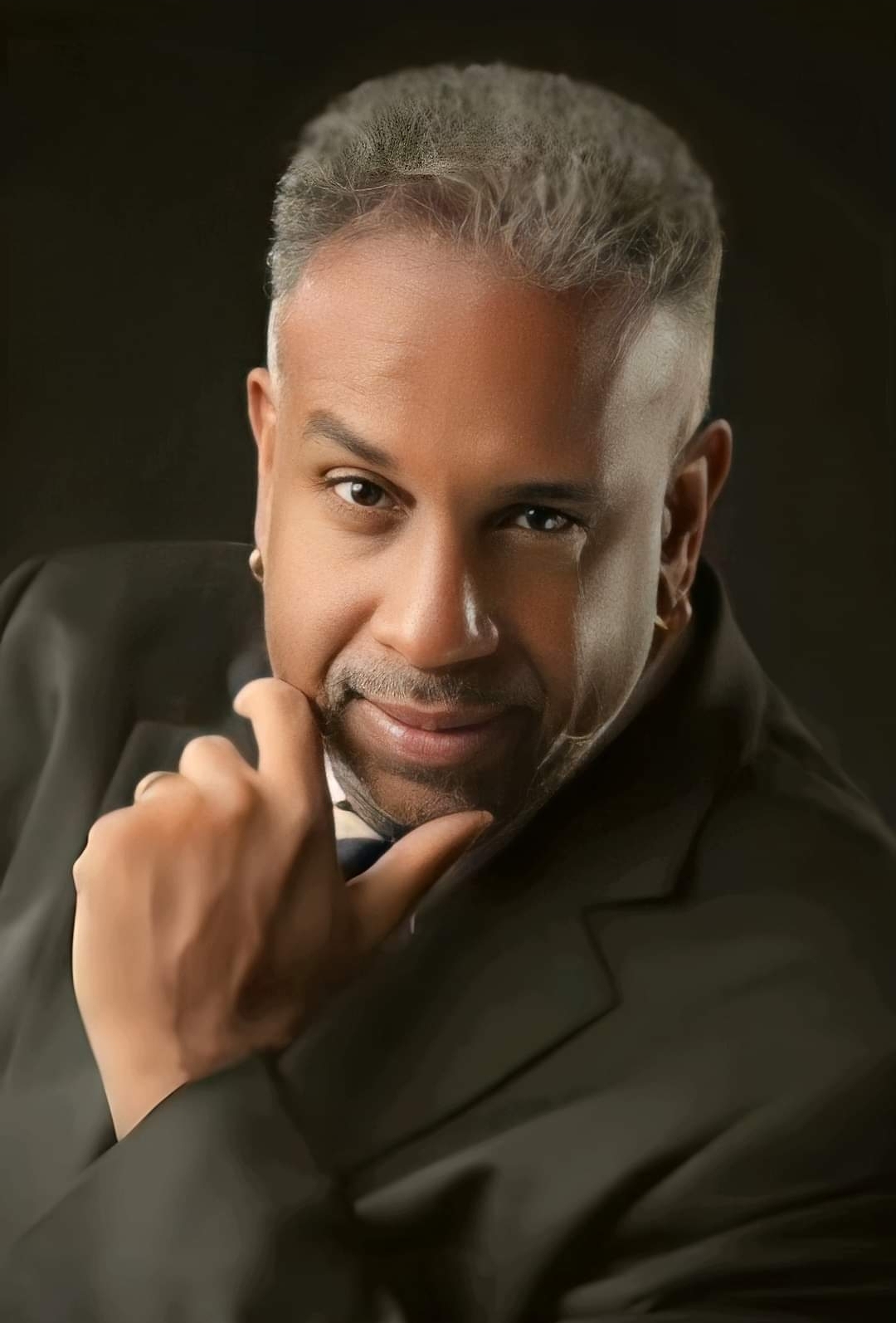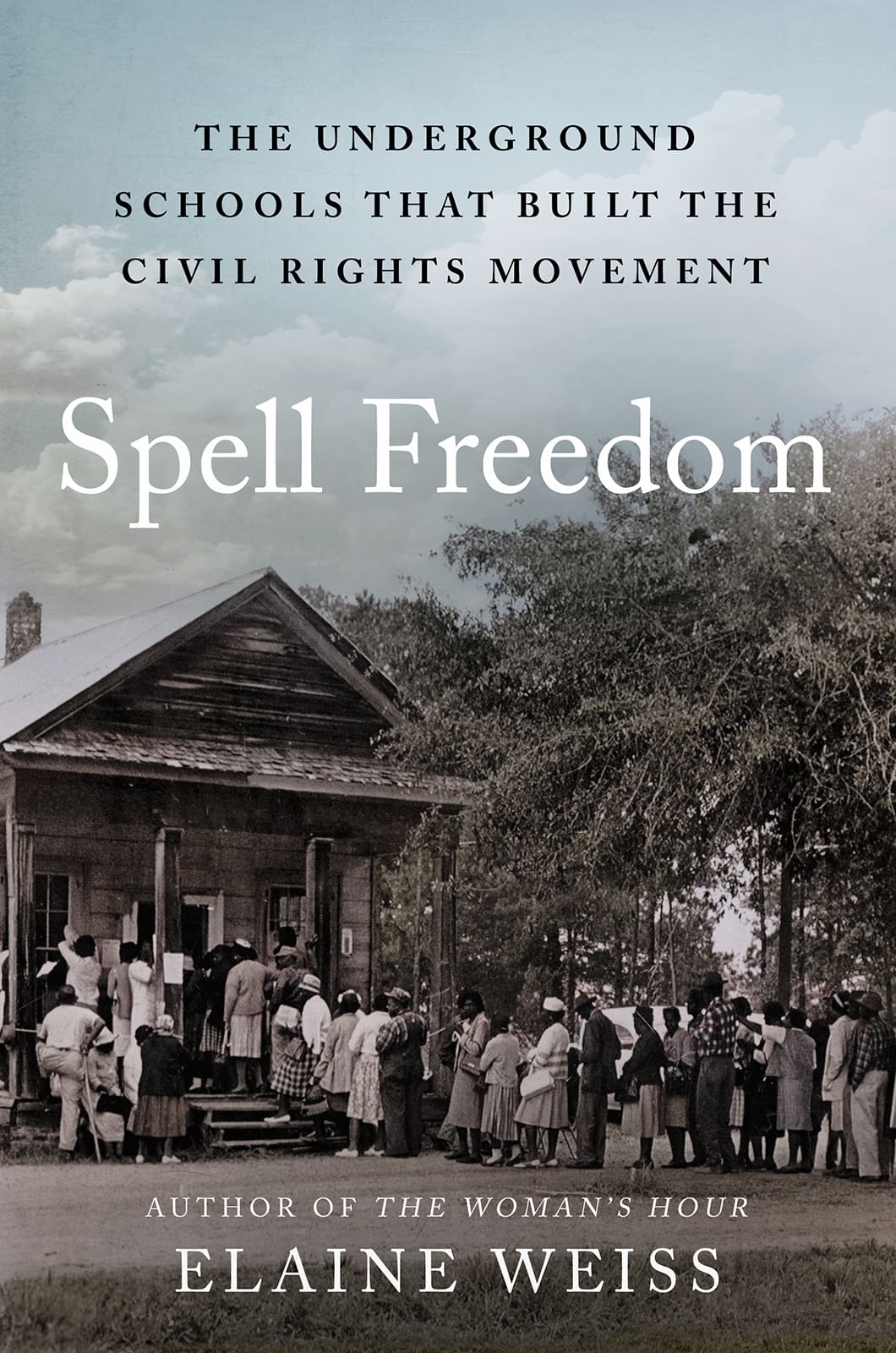By Philip T. Arnell
The best advice to start with is to interview the family’s elders. Some may want to give information, and some may not. You will find someone because there is someone that wants to share. Ignore the gatekeepers of secrets. They think they are doing something good, but they are not. Mind you, there will always be someone to criticize what you are doing. They will try to discredit your efforts and devise the most outlandish reasons for you not to do it. Ignore them. This is your project.
Next, if you can get the numbers of the relatives in the other countries, this is very instrumental. Ask every question possible and write down everything. Couple this method with the family information website and you will start to unlock your past.
The next step is DNA testing. My recommendation is to use Crigenetics for the DNA solely. In my opinion, they are the most accurate. They lined up perfectly with the genealogical dynamics of both sides of my family.
The tests are patrilineal if you’re a male. It measures your “Y-chromosome”. This means it tests you and your father’s fathers line going back. For women, the matrilineal measures the “X-chromosome” for women, measuring the same way. They can get the opposite side of your family, but that is a minimal amount of info. To get connected to family, use the other search engines. You may get different DNA readings, but they are not known for their accuracy. They are more for finding the family.
Researching personal genealogy is a time-consuming project. It’s way more than a hobby because of the level of significance. It can be frustrating, so again, patience is the key.
The research community is a small one that is growing. More and more people are jumping on board to learn all about themselves. You may find great stories and stories that you may not be too proud of. Nonetheless, it is a part of one’s history and should not be ignored or erased.
Many people grow up with the identity of what their family told them as facts, but people don’t consider that their lines may not have started that way. Imagine you know your lineage to be nothing but Italian. Then you take a DNA test from, for example, crigenetics.com. They go back fifty generations or more. For myself, they went back seventy-six generations. You then discover that your earliest origins came from Germany and the Celtic region.
That means this is where they started and migrated to wherever until they settled in Italy for the last five to ten generations until your generation. That doesn’t mean you are not Italian; you are, but you started as something else and are also a part of that lineage.
I’ve always known my father’s lines based in the Caribbean. The diversity in that area of the world is a giant melting pot. Though born French, he has Dutch and British lineage as well, and his lineage is from both sides of his family in recent generations for the most part is Celtic (Irish, Scottish, and English). When I took my DNA test, it turns out that those sides of him originated from Italy and a few other European countries that migrated over to the lineage that it became today.
The same goes for my mother. She, too, is based in the Caribbean from Barbados, and I found some interesting facts as well. She is primarily Irish, English, Spaniard, and Italian. But prior generations migrated from someplace else. Her lines are very similar to my father’s for recent generations. Both parents’ lines led them to the more recent generations that ultimately led to the Caribbean. Ironically, since both parents’ lines are from this region, through the help of crigenetics.com, their lines led them to share distant relatives.
Once I was published, more information was discovered and I could expand and update the books. There is a lot to uncover in families with great diversity of culture and race. It’s the same amount of work, just more components to it.
My family is multinational, multicultural, and multiracial, as I mentioned earlier. Discovering the facts of the dynamics was interesting. Automatically, people would think that diversity came involuntarily due to slavery. This is not so much the case regarding my family on both sides. The diversity came about more so post-slavery from committed relationships. It’s not as rare as people think. This has made it much easier to obtain records because the individuals had birth and death records.
The diversity has continued up to the present generation. Creating multigenerational families of diversity, whether race, culture, and nationality, we proudly claim it all because if you take one person out of your gene pool, you simply do not exist.
When you conduct research, there is no end to the possibilities when you share your work. I built a story around my discoveries that could appeal to all interested in this topic. I implore any and everyone to dive into their past. There is so much to discover.
Earlier, I spoke of DNA websites, the last part I utilized in my search. When I started many years ago, the internet hadn’t yet existed. In the earlier years of my journey, I did it the old-fashioned way. I visited the locations, spoke with the family’s elders, and conducted my own research regarding public records. Though technology is a faster medium, I’m glad that I was able to do the actual groundwork. I got to meet with some ancestors. See where the departed once walked and spent time in their homes and final resting places. You can’t achieve that experience by technology alone.
There are other DNA websites. For example, Ancestry.com, 23 and Me, and various others. To be honest, DNA tests that are out on the market are more so for entertainment purposes medical professionals have stated. These companies are highly competitive with one another. They have said that if you want complete accuracy, you would like to get the results from a hematologist because they have the best technology to give a person the desired accuracy. The major catch is that to utilize a hematologist’s work, you must be ill in most cases.
Some are accurate; some wish to corner the market and “make numbers”. Meaning they advertise to enlarge their database. This works in their favor because they build their reputation and at the same time make it easier for the patron to locate family through their database since now they have multitudes of patrons in their system.
I have tried several: Ancestry, Ancestry By DNA, My Heritage, and 23 and Me. All are excellent with retaining records. Many have questioned the DNA information that they provide. The two that more closely matched my proven genealogical structure from the records of both sides of my family were “Ancestry By DNA”, and even more so “Crigenetics.com”.
Ironically, those two companies solely give the DNA information. They don’t hold records. They were the more accurate for me. They conduct similar testing. The others that I mentioned before hold records.
From those I had mentioned prior, I, along with my family members like my parents and other people’s results, were found to be inaccurate. Also, from the first four that I used, the results did not match the proven genealogical dynamic of the families. “Ancestry By DNA” and then “Crigenetics.com” came the closest. Again, both of these DNA tests solely provide DNA results only.
Though I found “Crigenetics.com” superior to the others I had tried, don’t rule the others out. They provide public records that you will need in your search. I had the records already without the search engines. I still used them, though, for cross references. We live in the information age. These tools are beneficial, but use the mediums for DNA that will provide the best info.
Many people need clarification because they receive results that contradict what they have been taught and have grown up believing. Please understand how societies work. People migrated. It can be for a variety of reasons. War, famine, and different types of personal endangerment, from slavery to “having a price on one’s head.” The most usual reason was the urge to have a better life. There are a variety of reasons. They start in one place and move to another. A good part of the time, they moved to other countries.
For example, I grew up immersed in the culture of the Caribbean on both sides of the family. They were races that eventually boiled down who I ultimately became. I have known my family in the generations recorded to be of European descent. We are primarily Celtic and English on both sides and the other countries from whatever ancestor of that part of the world. Of course, there was the African side as well.
I have learned that migrations through the generations from the ancestral countries, not just for myself but for everyone, have solidified the succession of people’s families.
The family starts as Italian, they migrate to Germany, stay a generation or 2 and migrate again to Ireland. They still have the lineage of the original countries, but now they have blended in with the cultures of the new countries they have migrated to. In many cases, the original culture is lost because they have emerged into the new country’s culture. The genealogical lineage still exists, but that doesn’t go away. Maintaining the information can fade because they are in a new culture.
A prime example is the United States. A new culture is adapted to, and the old one fades away and is hardly known. This is how lineage and culture are lost.
That leads us to modern times, where people want to learn of their origins. Hence, DNA tests come into play. They go back several generations (some more than others), and people find out their complete origins.
This has been my journey. I urge people to follow the steps I took. Do the groundwork if you can speak with people in your family. Just ask and interview people. Visit the places and collect as much research material as you can. Most of all, have patience. Even though the search is faster because of the internet nowadays, it’s a journey that takes time. You will be happy with your results.
Philip Timothy Arnell, born October 3, 1968, in Queens, NY, is a two-time global bestselling author of Caribbean descent. A proud Caribbean American, he holds dual citizenship in the U.S. and France and resides in New York City. Arnell’s early career included acting in commercials, voiceovers, TV, stage, and films. He earned a BSc in Communications from St. John’s University. Later, he ventured into the financial industry. He has researched his family history for over forty-six years, culminating in a book sold in nineteen countries and featured in numerous museums and archives internationally. You can find “Fortunate Member of a Caribbean Diaspora and Still Bajan After All These Years” on Amazon.com.




